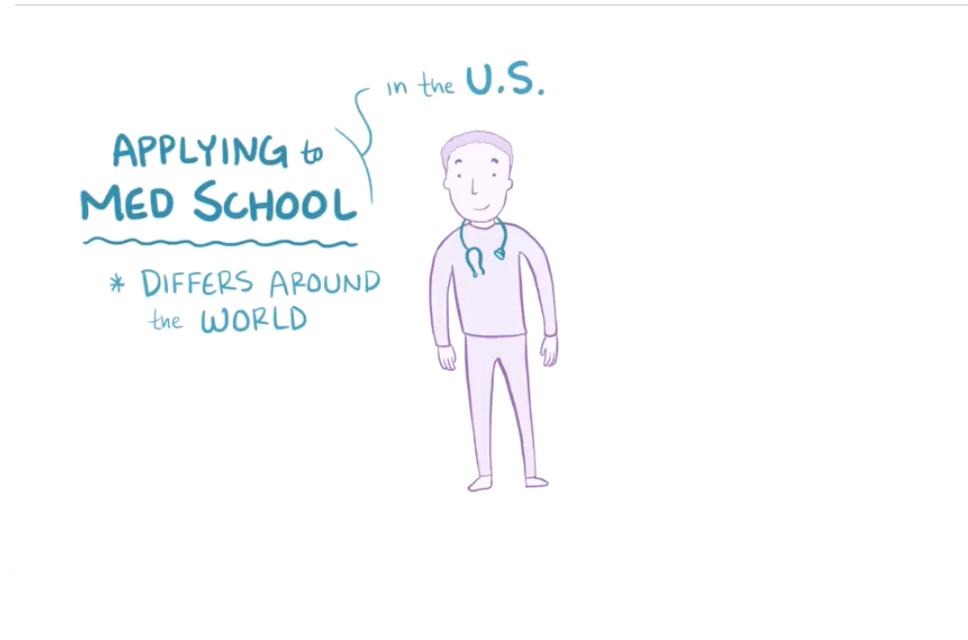As a physician, I have worked in private practice, academic medicine, research medicine, and community health. I currently work in a non-profit community clinic, where I treat patients, supervise nurse midwives, and train providers on electronic health records. At Accepted, I advise students applying to medical school, residencies, fellowships, PA, NP, MPH, nursing, midwifery, and other healthcare-affiliated programs. I enjoy working with traditional and nontraditional applicants alike and believe that healthcare is at its best when providers come from a wide variety of backgrounds.
Guide to SDN Resources
Updated October 21, 2021. When most people think of the Student Doctor Network, they think … Read more




















